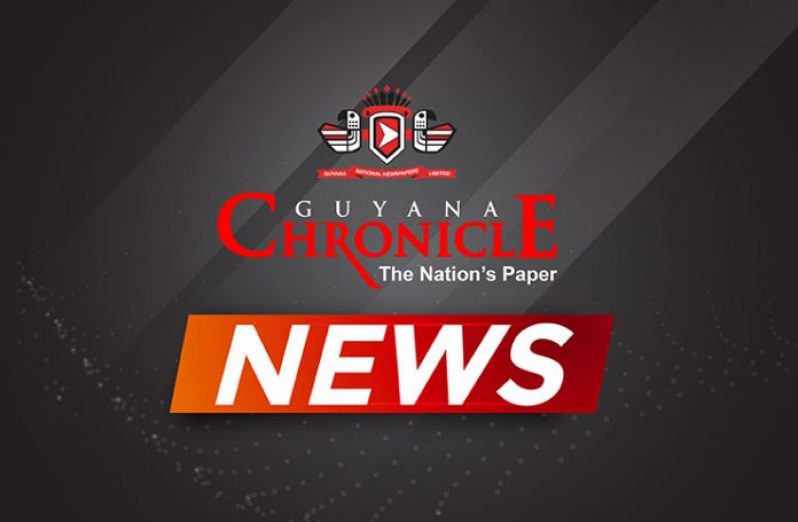Washington, DC, June 8, 2020 (PAHO)—The Pan American Health Organization has published a guide with recommendations on measures to reduce COVID-19 transmission among indigenous populations, Afro-descendants, and other ethnic groups. These focus on promoting hygiene, social distancing, and improving access to basic health services in their communities.
The PAHO guidance notes that these groups face singular challenges, such as higher poverty levels, lack of access to some basic services such as water and sanitation, and cultural barriers, including language barriers. Other factors that can increase their vulnerability include health service access barriers, a higher prevalence of chronic diseases, less access to social safety nets, mistrust caused by a history of racism, and high levels of informal labor among members of these communities.
The impact of the COVID-19 pandemic among indigenous peoples and Afro-descendants, who generally live far from the health services, “can be mitigated if these groups participate from the outset in any decision that affects their health and, with health sector support, embrace prevention measures and connect with the health services network if COVID-19 impacts their territories,” the PAHO document says.
In the Amazon basin, for example, there are indigenous populations in over 2400 territories and 800 communities, some 200 of which live in voluntary isolation. “Documented health challenges in these populations include tuberculosis, malaria, and vaccine preventable diseases such as measles and yellow fever. This is compounded by food insecurity, which affects 85% of the population, and lack of water and sanitation services,” the guidance notes.
The reasons that ethnic groups may face higher risks of contracting COVID-19 include barriers to adopting certain basic hygiene practices, such as handwashing if there is no soap and water, and difficulty practicing social distancing, which may not be culturally acceptable or practical, the PAHO document notes. “These problems must be solved through measures promoted from the perspective of indigenous peoples or Afro-descendants, with support from the health sector and/or other sectors involved in meeting priority needs such as soap for hand-washing,” it adds.
Another challenge for these communities is lack of access to culturally appropriate, good-quality basic services capable of managing potential COVID-19 cases in these populations. PAHO recommends that care for COVID-19 should be inclusive and that health care workers in indigenous and Afro-descendant communities should coordinate actions with community leaders to transmit all necessary information to the communities. The PAHO document includes recommendations for indigenous groups, Afro-descendants and other ethnic groups, for their community leaders, governments, and health personnel. In this regard, it suggests that governments should promote opportunities for participation and dialogue, not only to deal with the immediate effects of COVID-19, but also to handle the post-emergency phase, which should include economic and social recuperation.
PAHO’s guidance suggests it is important to “ensure that all members of the household know what to do if someone in the family comes down with COVID-19 and the specific support they should provide. It should be kept in mind that in some communities, the Western concept of “household” is often not applicable, with “households” consisting of the extended family, which represents the community as a whole,” the guidance says.
Communication is also key in reaching ethnic groups, and health authorities should provide information in indigenous languages, with culturally appropriate messages using symbols and images where possible, validated by the community, PAHO says. It adds that each measure that governments take should take into account cultural realities of those groups, and outlines the need for measures to protect these territories, such as actions to provide potable water, soap and disinfectants, as well as food and other basic necessities. With respect to the proper management of dead bodies in the context of COVID-19, the document notes it is important to follow national protocols and guidelines with specific responses that are safe, dignified, culturally acceptable, and tailored to the traditions and customs of indigenous peoples, Afro-descendants, and other ethnic groups, taking into account the PAHO/WHO recommendations on dead body management.




.png)









